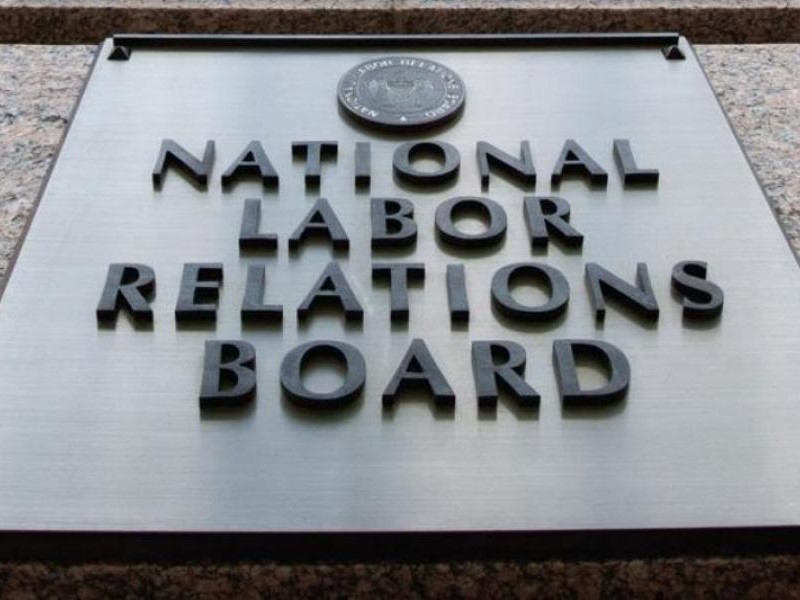The National Labor Relations Board (NLRB) recently ruled to expand compensatory damages for workers by increasing liability for Unfair Labor Practices (ULPs). Following this decision, locals should think broadly and creatively about all of the harms workers experience due to a ULP and demand that companies fully reimburse workers for all of these harms. While the NLRB has always been able to order compensatory damages or “make-whole” remedies to compensate workers for the harm caused by a company’s ULP, the Board announced in a recent decision that it will use this power more expansively. In addition to the remedies the Board has ordered in the past, it will now order companies to compensate workers for all harms that are “direct or foreseeable” consequences of a ULP. This new practice will apply in all ULP cases, regardless of whether the company’s conduct is particularly “egregious.”

The purpose of a make-whole remedy is to restore workers who were harmed by a ULP to the position they would be in if the company had not committed the ULP. The most common make-whole remedy is backpay and reinstatement. The Board cannot award punitive damages.
Even before the new Board decision, the Board has ordered companies to reimburse workers for a variety of expenses in order to make workers whole following the company’s ULP, including:
- Transportation
- Room and board
- Legal expenses
- Costs associated with searching for work elsewhere
- The cost of replacing clothing, when the company committed a ULP by assigning a worker to do work that would ruin her clothing
- Medical expenses, when the company committed a ULP by assigning a worker to do work that would exacerbate a medical condition
- Towing expenses, when the company committed a ULP by removing workers’ toolboxes from its facility and they had to be towed away
- 401(k) contributions and compensation for the investment growth those contributions would have experienced during that period, when the company committed a ULP by withholding contributions
- Health care costs, including increases in premiums, copays, coinsurance, deductibles, and other out-of-pocket expenses, as well as any still unpaid medical bills, when the company committed a ULP by unlawfully discontinuing employee health care coverage
Now, the Board will go further, ordering companies to reimburse workers for all “direct or foreseeable” financial consequences of a ULP. While the exact harms and therefore the exact remedy will vary in each case, the Board gave some examples of harms that may be direct or foreseeable results of a ULP as follows:
- Interest or late fees on credit cards
- Penalties for early withdrawals from a retirement account
- Loss of car or home due to an inability to make loan or mortgage payments
- Increased transportation costs
- Child care costs
In compliance, the General Counsel will need to present evidence showing the exact costs of the harm workers experienced as a result of the ULP, as well as evidence showing how the harm was a direct or foreseeable result of the ULP. So, in ULP cases, locals should be creative and brainstorm to fully consider all of the harms the workers have experienced due to the ULP. Locals should also gather evidence of any increased or additional expenses.
The case is Thryv, 372 NLRB No. 22. Any questions regarding this NLRB decision should be directed to Sarah Anderson at slanderson@ufcw.org.
